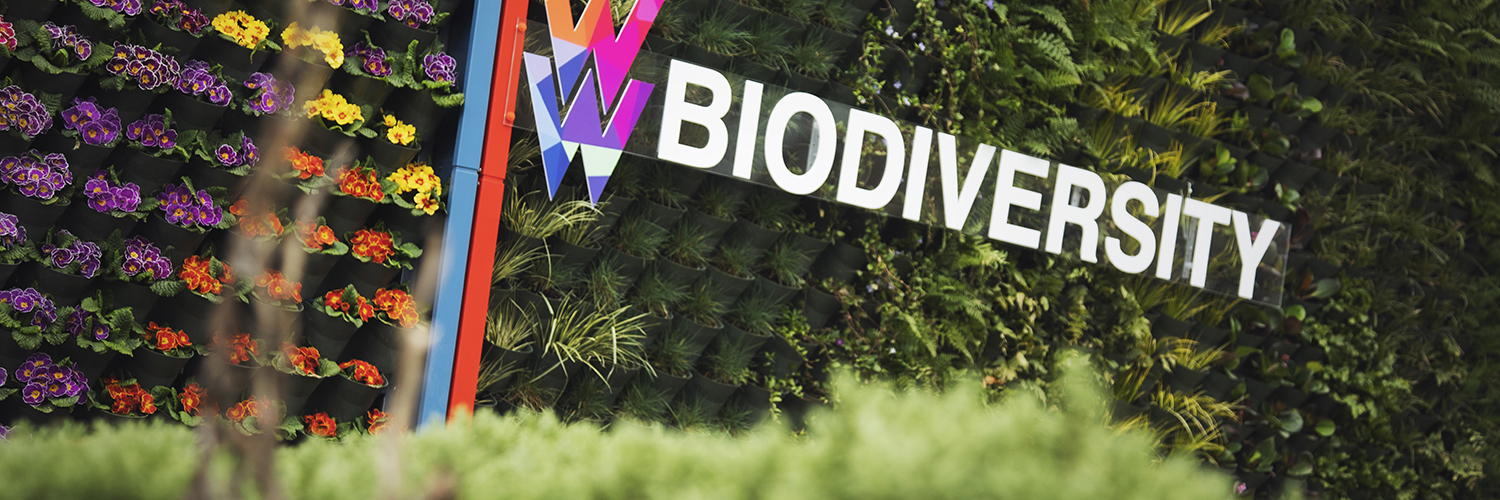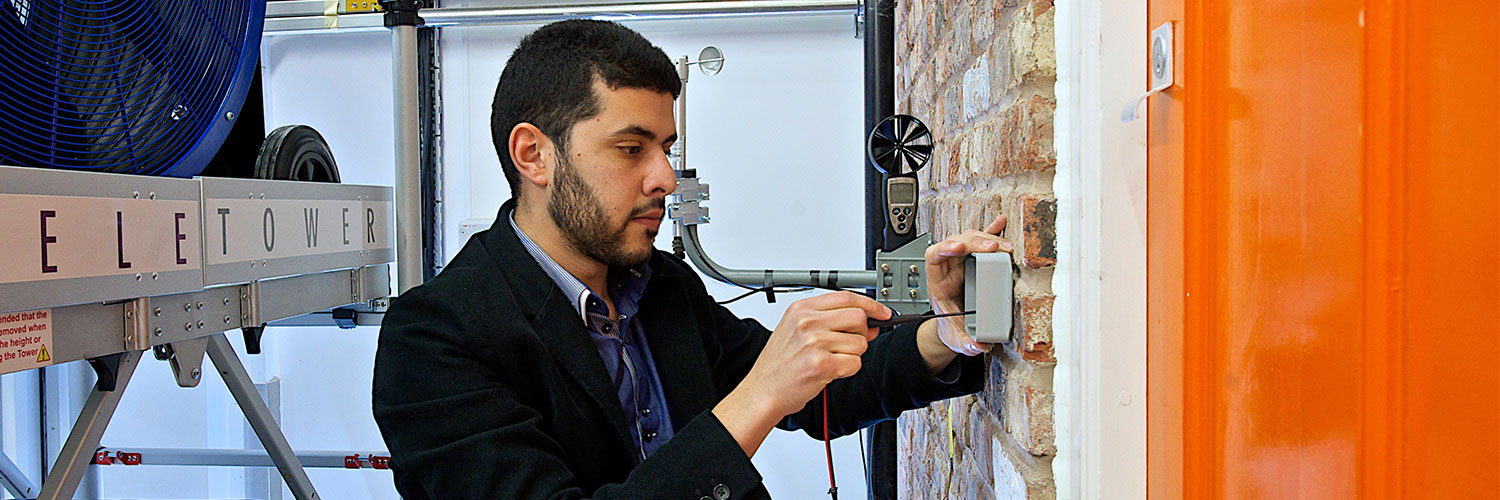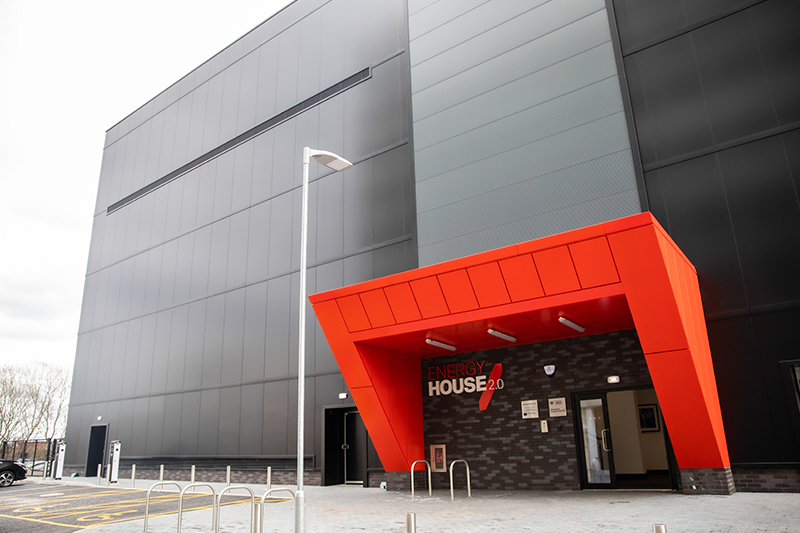Built Environment - part of something bigger
When you start a built environment-based degree with Salford, you are also joining a community making a difference in industry, our local region and in our wider society.
Local roots Global ambitions
Many of our academics and technicians who support your course are also part of a collective delivering collaborative, interdisciplinary, high-impact work in local and global environmental issues and challenges.
Read on and discover how you are part of something bigger.
Energy House Labs. Target net zero
The built environment accounts for 40% of the UK’s carbon footprint. Achieving net zero will require a step change in the design of new buildings, but more importantly, it will require a comprehensive upgrade and retrofit programme to the existing housing stock; the UK Green Building Council estimates that 80% of the 2050 building stock has already been built.
Energy House labs at the University of Salford explore issues of energy consumption in buildings. This unique research and testing laboratory suite comprises an early 20th century two-bedroom terraced house within an environmental chamber to provide accurate and rapid assessment of energy efficient retrofit technologies. We use data from large scale field trials and building performance tests to construct accurate models and simulations of buildings and data analytics to look at large data sets of building and energy performance.
Research conducted using the Energy House over the last ten years has led to important changes in the way that UK housing becomes more energy efficient. But we didn't want to stop there. Imagine if we could replicate the environmental conditions experienced by housing stock and consumers throughout most of the world and solve some major global challenges. Welcome to Energy House 2.0.
Completed in February 2022, Energy House 2.0 is the largest test and research facility of its type. Within Energy House 2.0, there are two environmental chambers each able to accommodate two detached houses. Under controlled conditions, it can recreate diverse weather conditions, with temperatures ranging between -20˚C to +40˚C and simulated wind, rain, snow and solar radiation.
With this truly world-class suite of testing and research, our team works with partners across a range of commercial and grant-funded projects, providing a comprehensive offer of energy and buildings expertise.
Learn more about Energy House 2.0
Ignition Greening Greater Manchester
As a civic university at the heart of Greater Manchester, we're passionate about making our region a sustainable, inclusive and progressive place for everyone. And just like the pioneering role we had in the first industrial revolution, we believe that the ideas and initiatives we test here in Greater Manchester can make positive changes on a global scale.
Testing Nature-Based Solutions
Nature-based solutions in urban areas can help to tackle climate change. The €4.6 million EU funded IGNITION Project set a target to uplift green infrastructure in Greater Manchester and develop business models for investment in Nature-base Solutions (NBS).
![]()
The NBS Living Lab at University of Salford provides a retrofit installation to showcase a variety of NBS climate mitigation solutions and delivers evidence to inform stakeholders on investment schemes based on real-time data, and raise awareness of economic, environmental and well-being benefits of such technologies for communities.
Learn more about IGNITION

Making an impact UPRISE
Globally, more humans are choosing to live and work in cities and urban built environments. Our Centre for Urban Processing, Resilient Infrastructure and Sustainable Built Environment (UPRISE) is a multi-disciplinary research centre that looks to identify, articulate and address the challenges that cities face.
The UPRISE research community works across a range of subject areas to identify how we might design, deliver and experience cities differently, considering issues that impact at both the local and global levels. Research can range from hard technical work, such as our work in BIM, simulation, smart and connected homes and energy, to wider questions of how we create a resilient city in the face of climate change.
Recognising the importance of stakeholder collaboration, we work closely with industry, local and national government and the third sector. Our research remit looks locally within Salford and Greater Manchester, but also globally, providing a hub for shared ideas.
Research interests:
- Applied Buildings and Energy
- Disaster Resilience
- Digital Built Environment
- Education and Learning in the Built Environment
- Infrastructure
- Smart Urban Futures
Case study: Helping communities in Sri Lanka
Universities are integral to advancing our understanding of the world around us. At Salford, we are leading vital research that will build new knowledge and inform future policy. Our pioneering research helping communities in Sri Lanka prepare for natural disasters is just one example of how we do this.
Watch our REF21 summary video to learn more about this research project.




